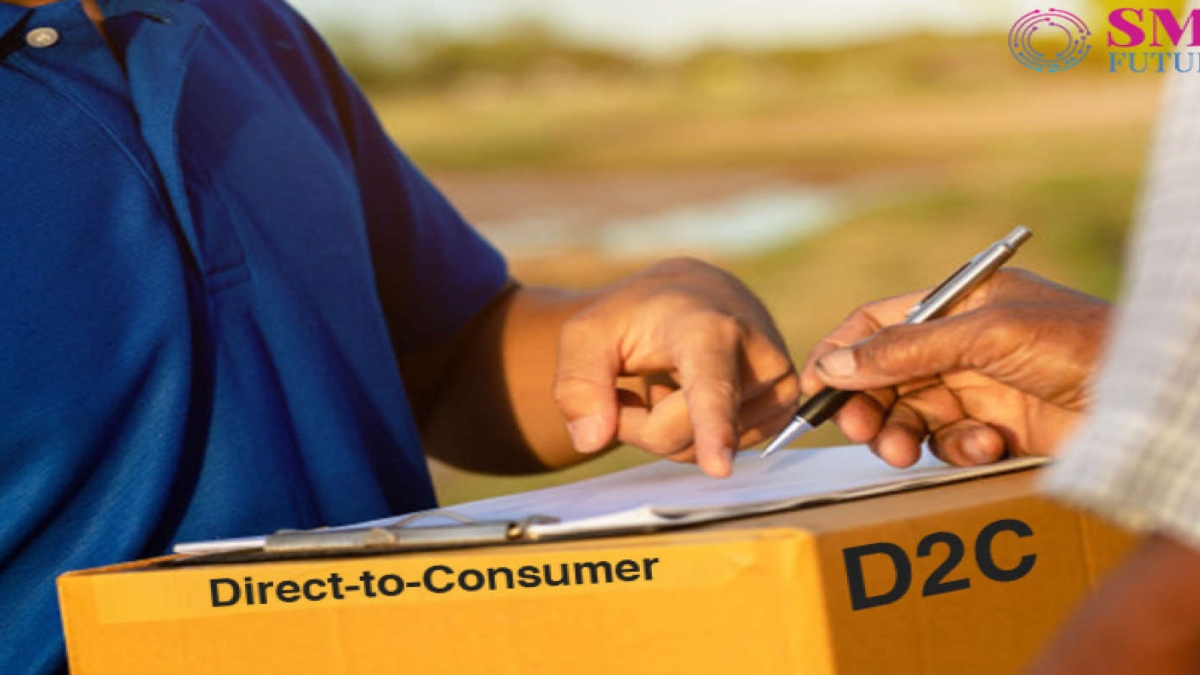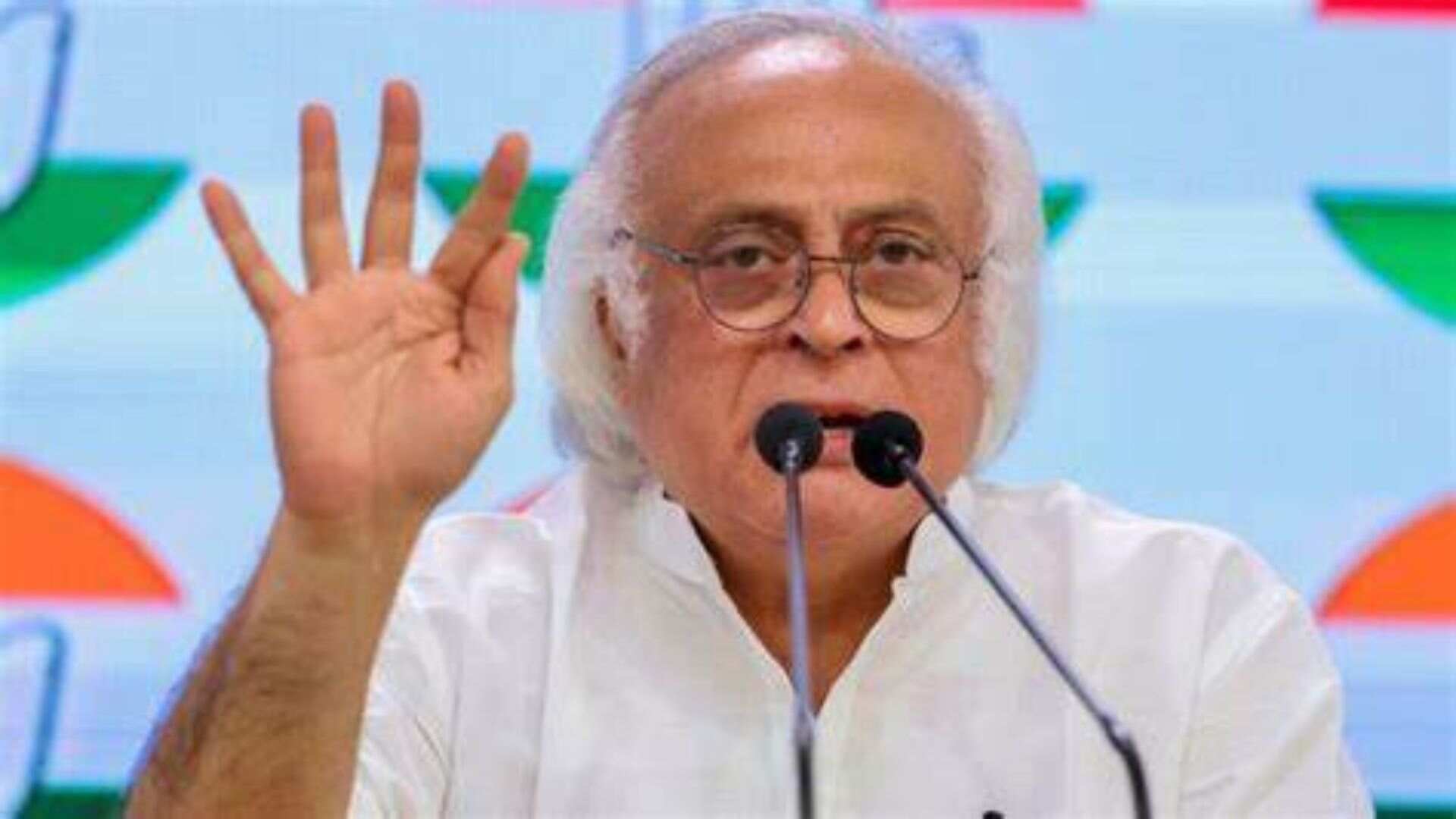Businesses are leveraging technological advancements worldwide, and D2C brands are not an exception. There has been an explosion of enterprises in this space in the last few years, and technology is the driving force behind it. Amid the massive competition in the D2C market, brands are investing in technological solutions to take an edge over their competitors. The D2C market in India was valued at 33.1 billion US dollars in 2020, and it is expected to grow threefold and reach 100 billion US dollars by 2025.
The digital-savvy consumers prefer personalized and direct engagement with brands. The digital-first sellers, especially from tier Ⅱ and tier Ⅲ cities, are leveraging smart plug-n-play logistics solutions to reach their audience, provide an incredible experience, generate higher sales, and tap into the untouched customer base from across the country. AI-enabled E-Commerce shipping solutions help in efficiently handling orders, deliveries, returns, and payments. They enable them to ship anything anywhere across the globe swiftly.
TECHNOLOGY TO STREAMLINE WAREHOUSE OPERATIONS
With the expansion of the D2C market, there is an increased demand for platforms that offer end-to-end logistics and pan-India fulfillment centers. Brands are opting for third-party tech-driven fulfillment centers with a pan India presence to reach their customers faster. Intelligent warehouse management helps D2C brands manage their inventory, arrange them on the designated shelf, and pick and deliver the orders on time. Businesses can get real-time information about the inventory by easily integrating it into the existing ERP system.
Saas-based logistics solutions are helping digital-first sellers and D2C brands reach the most challenging locations with quick turnaround time and reduced cost through their pan-India network of intelligent fulfillment centers. These facilities are close to customers’ locations and help deliver the order on time.
TECHNOLOGY HELPS ACCELERATE LAST-MILE DELIVERY
By collaborating with the right logistics partners that leverage technology and provide excellent solutions, D2C brands can overcome the Last-Mile delivery hurdle. AI-based robust allocation helps in automatically selecting the best and most cost-effective courier partner and provides live tracking functionality as the customers expect their orders to be delivered on time irrespective of the logistics barriers.
Considering the impulse buying habit of the end consumers, online sellers face many hiccups in ensuring last-mile deliveries to difficult-to-reach terrains. This is primarily due to logistics barriers, which add to their struggle to expand to these markets. Hence, if a brand takes a long time to deliver any shipment, the shopper often changes his mind and refuses to accept the delivery. By using technology, logistics companies can help sellers expedite shipments to such parts of the country with a quick turnaround time, reduce their shipping woes and meet customer expectations.
TECHNOLOGY ENABLES EASY RETURN PROCESSING
Reverse logistics is an unavoidable part of D2C brands, and it incurs substantial operational costs. The global reverse logistics market was valued at $635.6 billion in 2020 and is projected to reach $958.3 billion in 2028. Therefore, it is crucial for D2C brands to collaborate with efficient logistics partners to help them reduce the percentage of Return-to-Origin (RTO) of orders. This is not possible without VAS, which is tech-driven and can do predictive customer analysis that considers different parameters against every order to identify their risk percentage.
The customer’s return experience is as vital as the delivery experience for D2C brands and E-Commerce sellers to survive in the highly competitive market. Intelligent data analytics helps the sellers and brands to take necessary actions to mitigate the risk of RTO orders even before their dispatch. And big data helps reverse logistics to accomplish the task efficiently.
POST-PURCHASE EXPERIENCE
Data-driven logistics solutions play a vital role in the growth of D2C brands as they minimise errors, reduce costs, and drive operational efficiency, which contributes heavily to providing the best post-purchase customer experience. For running a successful business, D2C brands should concentrate on the pre-purchase experience of the customer and focus on post-purchase, which involves tracking orders easily, delivering the product on time, and providing good customer service. This can build brand credibility, customer loyalty, and a high retention rate.
CONCLUSION
Considering the massive shift in consumers’ buying behavior during covid-19 and the increase in online purchases, integrating technology is the only way for D2C brands to streamline operations and flourish. SaaS-based logistics platforms like Pickrr, which provides an AI-driven dashboard for placing orders, tracking live shipments, keeping their customers informed at all the steps, provides various VAS, pan India fulfillment centers for deeper penetration in tier 2 and tier 3 markets, are emerging as game-changers to make the processes smooth for the sellers by adopting the latest technologies. As online commerce continues to grow, the demand for SaaS platforms for simplifying E-Commerce selling will be essential to bring efficiency, swiftness, and innovation to the operations of D2C brands.
The author is CEO and Co-Founder, Pickrr























